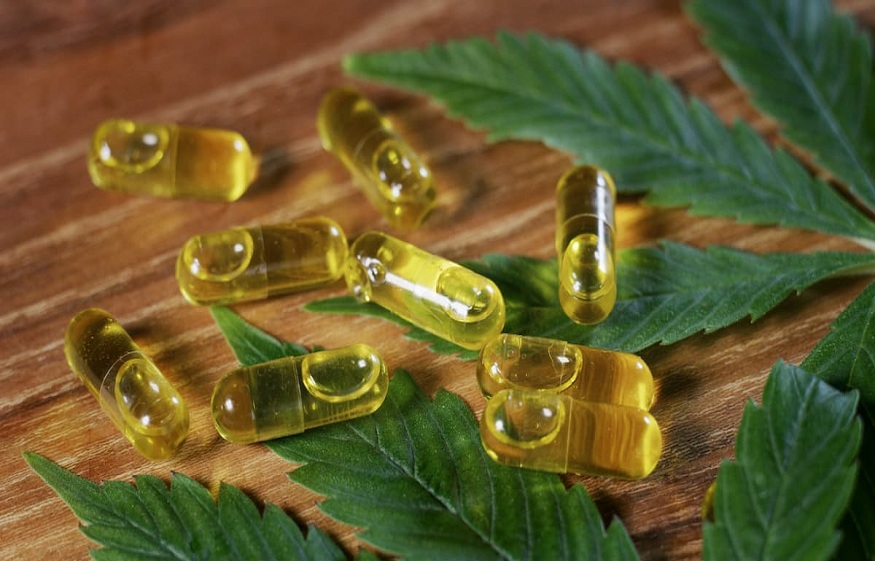The cannabis industry has grown tremendously in recent years as laws around marijuana use continue to relax across North America. With this growth comes greater environmental impacts, presenting challenges and opportunities to develop more sustainable practices. One area of particular interest is the rise of tetrahydrocannabinol pills and their potential benefits over traditional smoked or vaped cannabis.
Grow operation’s big footprint
Marijuana grow operations require substantial amounts of energy, water, and land usage. Indoor facilities rely heavily on high-intensity grow lights, ventilation systems, and climate control to create ideal growing conditions, consuming vast amounts of electricity. Estimates suggest a marijuana plant consumes up to 22.7 liters of water per day in hot, dry climates. With four-month grow cycles, water usage per plant exceeds 2000 liters. Land usage is intensive too, with a typical 5000 sqft indoor facility producing 200 to 500 kilograms. Compare that to corn which takes up a similar footprint but produces 10,000 to 15,000 pounds annually.
Sustainability benefits of THC pills
THC pills, such as the synthetic THC medication Marinol, contain concentrated THC extracted from cannabis plants. It eliminates the need to sustain continuing cannabis crops solely for pills. Instead, THC is sourced as a by-product from industrial hemp or existing marijuana grows. For example, hemp is grown for its fibrous stalks and CBD oil provides leftover plant matter for THC extraction. The agricultural impacts are already accounted for before THC comes into play. Once extracted and refined, pure THC has incredibly high potency compared to whole flower cannabis. A 30-day supply of Marinol contains just 90mg of THC, versus smoked cannabis which may provide 1000mg per month for medical users. Having this difference in potency means a little THC goes a long way, which means the amount of cannabis biomass that needs to be prepared per patient is also reduced.
- THC extracted as a by-product rather than requiring dedicated cannabis crops.
- High potency THC removes the need for continuous cannabis plant growth.
Implementing sustainable practices
While thc pills hold promise for reducing cannabis’ environmental burden, there are still important steps the industry must take to improve sustainability:
- Use renewable energy- Cultivators should power facilities using solar, wind, or hydropower instead of fossil fuels. It applies to both plant cultivation and THC extraction and refining processes.
- Responsible water management – Growers should continuously monitor and refine irrigation practices, utilize recycled rainwater, and investigate drought-resistant strains.
- Sustainable extraction methods – THC extraction using chemical solvents has risks of toxicity and pollution. Greener methods like CO2 extraction should be preferred.
- Reduce packaging and waste – Often single-use vape pens, cartridges, and disposable hardware accompany cannabis products. Prioritize reusable and recyclable options.
- Engage with regulators – The cannabis industry should have a voice in policy-making to promote sustainability from seed to sale. For example, some states introduce additional fees for high electricity use which discourage indoor growing.
As cannabis grows into an eco-friendly medicinal sector, setting sustainability goals now will allow it to blossom as an environmentally friendly industry.

